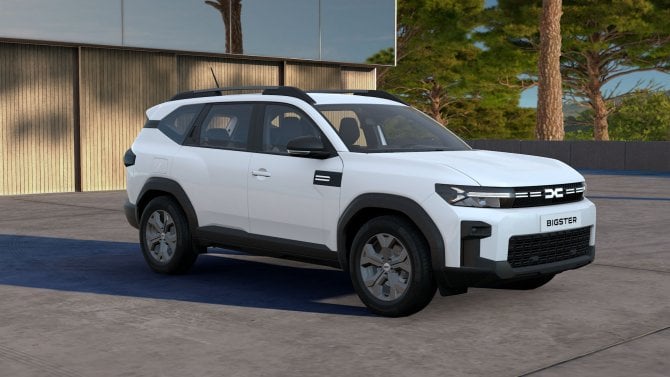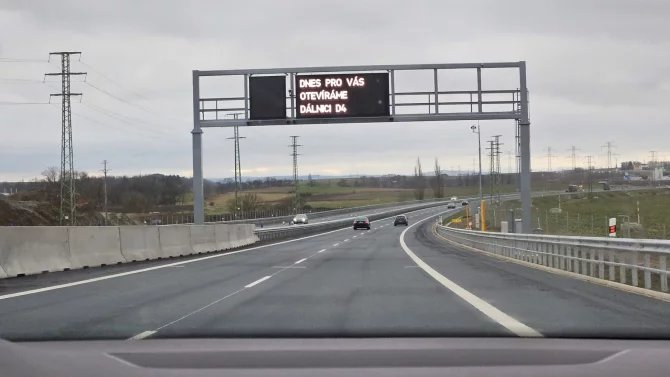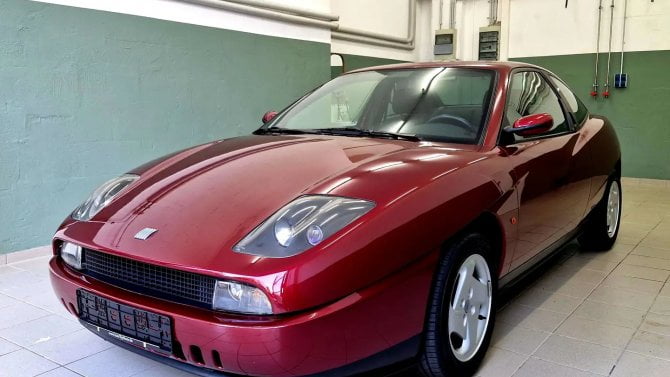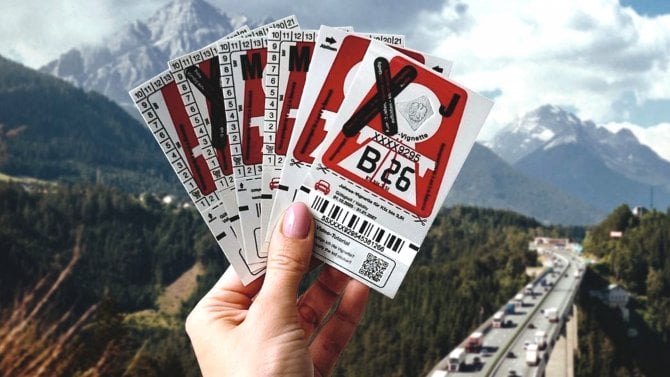Dec 1 (Reuters) - The European Union and the European
Central Bank will assess the progress towards the euro of EU
members that have yet to adopt the single currency.
All euro candidates must spend at least two years in the
ERM-2 currency regime to show their currencies are stable
against the euro in a +/-15 percent band around a fixed parity.
They also need to meet criteria on long term interest rate
convergence, inflation, public debt and budget deficits as a
ratio to gross domestic product.
Slovenia, due to adopt the euro on Jan. 1, 2007, is so far
the only one of 10 countries that joined the EU in 2004 to
secure euro zone membership.
Following is a summary of the performance of three largest
new EU members that have yet to join the ERM-2.
FOR A FACTBOX ON PROGRESS OF ERM-2 MEMBERS PLEASE
DOUBLE-CLICK ON [ID:nL01763141]
CZECH REPUBLIC
TARGET FOR EURO ADOPTION: The caretaker government abandoned
its previous 2010 target and scrapped plans to join the ERM-2 in
2007. No new target set.
EURO ZONE ENTRY CRITERIA:
* Currency regime: free float with inflation targeting.
* Public finances: The European Commission forecasts the
deficit at 3.5 percent of GDP this year and 3.6 percent in 2007
and 3.2 percent in 2008. Joint Czech finance ministry and
central bank forecasts are more pessimistic predicting the
deficit at 4.0 percent next year and 3.5 percent in 2008. The
shortfall is forecast to reach the euro entry limit of 3.0
percent in 2009.
The public debt is seen just above 30 percent of GDP in
2006-2009, about half of the EU's 60-percent benchmark.
* Prices: The European Commission expects EU-norm inflation
to creep up to 2.9 percent in 2008 from 2.5 percent this year.
Czech forecasts see inflation at 2.5 percent in 2008 and 2009.
They estimate the euro zone entry limit will stand at 3.0
percent over that period.
BIGGEST CHALLENGE: Stalled healthcare and pension reforms
because of political deadlock and increased social spending
threaten budget targets.
HUNGARY
TARGET FOR EURO ADOPTION: The government has dropped its 2010
target, no new goal set.
EURO ZONE ENTRY CRITERIA:
* Currency regime: free float within +/-15 percent band.
* Public finances: The European Commission forecasts the
budget deficit will fall from record 10.1 percent of GDP this
year to 7.4 percent in 2007 and 5.6 percent in 2008. Budapest is
more optimistic, predicting the deficit will fall to 6.8 percent
next year and 4.3 percent in 2008 and reach 2.7 percent in 2010.
Public debt is seen exceeding 70 percent in 2007 and 2008.
* Prices: The European Commission sees EU-norm inflation
spiking up to 6.8 percent next year from 3.9 percent this year
and returning to 3.9 percent in 2008. Budapest's forecasts are
more optimistic with inflation seen at 3.3 percent in 2008.
BIGGEST CHALLENGE: Implementing in full planned fiscal
austerity measures to get runaway deficits under control again
in the face of anti-government protests and unrest. Economists
also say tax and regulated price increases should be
complemented by more aggressive spending cuts.
POLAND
TARGET FOR EURO ADOPTION: No set target. The government says
it wants to meet entry criteria in 2009 and possibly hold a
referendum on the euro in 2010.
EURO ZONE ENTRY CRITERIA:
* Currency regime: free float with inflation targeting.
* Public finances: Warsaw's convergence plan aims for a
budget gap of 3.4 percent next year, 3.1 percent in 2007 and 2.9
percent in 2009. The European Commission forecasts the shortfall
at 4.0 percent in 2007 and 3.9 percent in 2008.
Public debt, as monitored by Brussels, is expected to hover
just above 40 percent in 2006-2008.
* Prices: The European Commission expects EU-norm inflation
to reach 2.8 percent in 2008 climbing from 1.4 percent this
year. The government, however, sees inflation capped at 2.5
percent until 2009.
BIGGEST CHALLENGE: Deficit cutting plans rely almost solely
on strong economic growth, any slowdown would threaten the
targets.
((Compiled by Tomasz Janowski; editing by David
Christian-Edwards; Reuters Messaging:
tomasz.janowski.reuters.com@reuters.net, tel. +48 22 653 9719))
Keywords: EURO CANDIDATES/CENTRALEUROPE




 Dacia Bigster, o které pořád sní spousta českých zákazníků, se vyrábí. S dieselem stojí zhruba 600 tisíc, ale je tu problém
Dacia Bigster, o které pořád sní spousta českých zákazníků, se vyrábí. S dieselem stojí zhruba 600 tisíc, ale je tu problém
 Ceny dálničních známek v Česku porostou, roční bude od ledna už za víc než 2500 Kč
Ceny dálničních známek v Česku porostou, roční bude od ledna už za víc než 2500 Kč
 Na prodej je devadesátkové Ferrari pro chudé v perfektním stavu. Fiat za půl milionu je lákavá nabídka
Na prodej je devadesátkové Ferrari pro chudé v perfektním stavu. Fiat za půl milionu je lákavá nabídka
 Rakousko končí s nalepovacími dálničními známkami a zdražuje
Rakousko končí s nalepovacími dálničními známkami a zdražuje
 Test Fiat Panda La Prima: Styl za dobrou cenu a automat k tomu
Test Fiat Panda La Prima: Styl za dobrou cenu a automat k tomu
